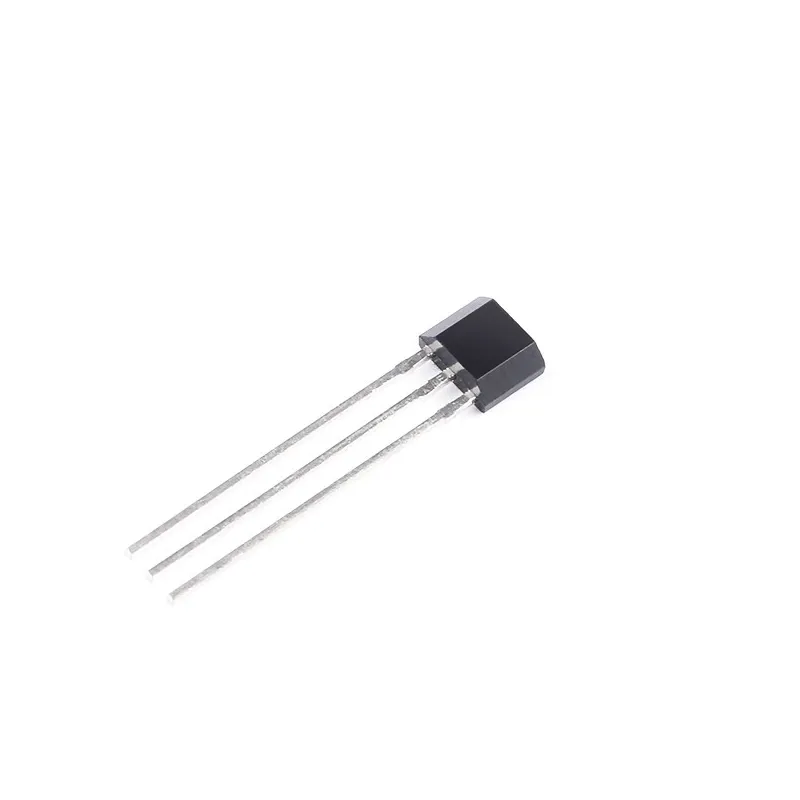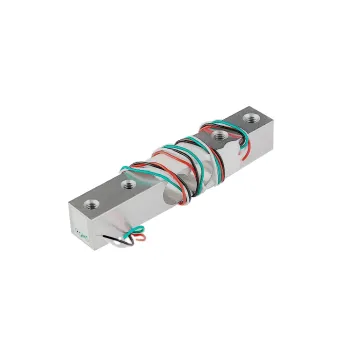
- Stock: In Stock
- Model: A0303.AH175
AH175 Hall Effect Sensor: A Comprehensive Overview
The AH175 is a state-of-the-art digital Hall-effect switch, designed to detect magnetic fields and alter its output state in response to the presence of a south magnetic pole. This highly sensitive device is a perfect fit for both Arduino and Raspberry Pi projects, and is a must-have for electronics engineers and hobbyists working with magnetic field detection.
Key Features of the AH175 Hall Effect Sensor
The AH175 Hall Effect Sensor comes with a range of impressive features that make it stand out in the world of electronics components and modules:
- Operating Voltage: The sensor operates efficiently between 3.8V to 24V, making it compatible with a wide range of microcontroller systems.
- Output Type: It features an Open Collector (NPN) output type.
- Magnetic Polarity: The device is activated by a South Pole magnetic field.
- Package: The AH175 is available in either a TO-92 or SOT-23 package.
- Fast Response Time: The sensor boasts a rapid response time, ensuring quick and accurate readings.
Pin Configuration (TO-92)
The AH175 Hall Effect Sensor features a straightforward three-pin configuration:
- Vcc (Power Supply)
- GND (Ground)
- OUT (Digital Output)
Applications of the AH175 Hall Effect Sensor
The AH175 Hall Effect Sensor is versatile and can be used in a variety of applications:
- Magnetic door switch: The sensor can be used to create a magnetic door switch system.
- Speed detection (RPM): It is ideal for speed detection applications, particularly in measuring RPM.
- Magnetic position sensing: The AH175 can be used for accurate magnetic position sensing.
- Embedded systems: It is suitable for use in various embedded systems.
Working Principle of the AH175 Hall Effect Sensor
The AH175 Hall Effect Sensor operates on a simple yet effective principle. When a south magnetic pole approaches the sensor, the output goes LOW. Once the magnetic field is removed, the output returns to HIGH, provided a pull-up resistor is connected.







